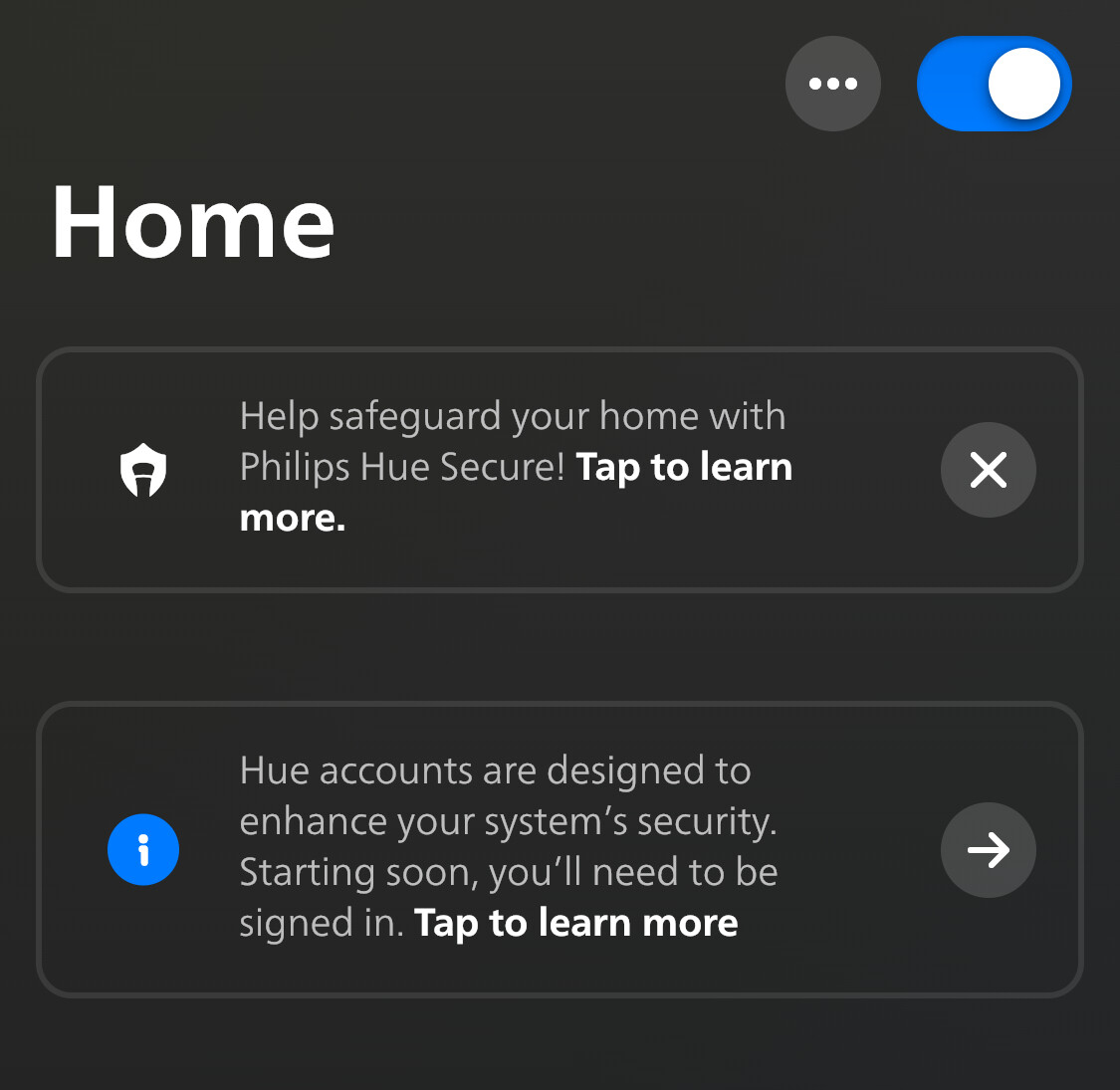- cross-posted to:
- [email protected]
- [email protected]
- [email protected]
- cross-posted to:
- [email protected]
- [email protected]
- [email protected]
cross-posted from: https://derp.foo/post/250090
There is a discussion on Hacker News, but feel free to comment here as well.



But their entirely different processes. One is exploiting one market vs the other. Here it wouldn’t necessarily be exploiting a market, but destroying value of a free service. If you’re worried about personal info being the exploitation, it’s going to be very limited and likely already in place. An account structure is usually more the first move toward monetizing the service directly and enabling the ability between free and premium services. That’s still shitty, but for entirely different reasons. So I just don’t like seeing the original word lose all meaning whatsoever beyond its root word. It basically guts it of all of its nuance and importance and just turns it into a noun form of taking something and making it shitty. We don’t need to do that.
I don’t think they’re entirely different. Enshittification is just a specific type. Yes, of course it has distinguishing qualities or we’d be having a totally different convo.
IMO, it’s more important to realize enshittification is not a new development! It’s just way, WAY more obvious now that the ruling class has allowed effective monopolies to rise again. When only one or two companies control an entire market, their shitty tactics become way, way more obvious and painful for consumers.
The general driving force is different though. It’s a process that involves devaluing a service by basically commoditizing two forces against each other. Simply dropping value-added features to save money is just the race to the bottom.
Dropping a feature is the equivalent of charging for extra BBQ sauce packets. It’s not the same driving force like Instagram where they play two forces against each other. Like the way Google has been going with shoving way too many ads in there. That is a different motivation because it’s valuing one customer at the expense of another. Something like dropping free service XYZ is just cutting costs.
The word is getting overplayed and it feels like everyone has the same word-a-day calendar and are now trying to use it as much as possible.
It’s more impactful and retains meaning if we keep it succinct instead of just the equivalent of “an unpopular decision that saves money to increase shareholder value”. It’s all about recognizing you are a product as well as a user. It’s that the services don’t have an incentive to serve you. Its just so much more meaningful as long as we don’t remove all of that meaning to just show we don’t like corporatism.